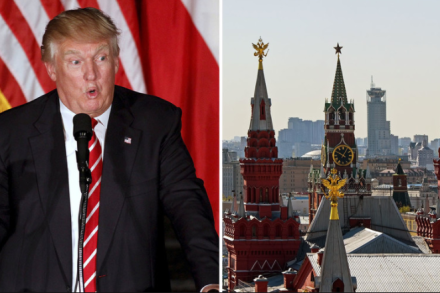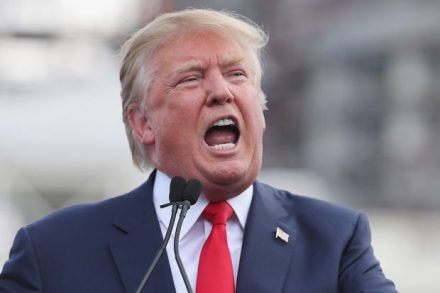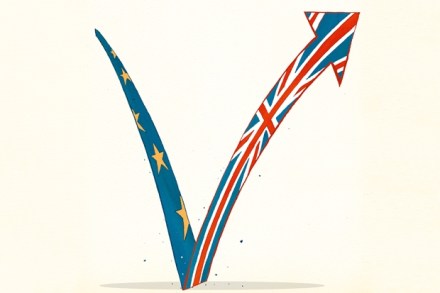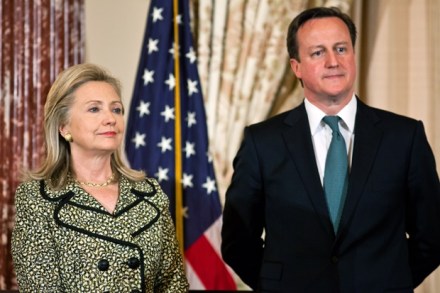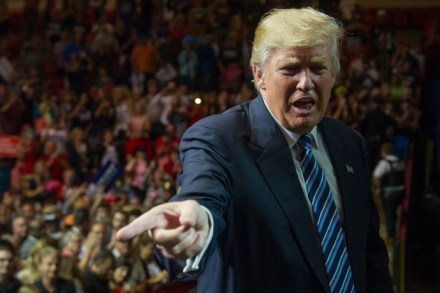No, he didn’t
The irony of Barack Obama’s presidency is that while it began at a time when it seemed America’s fortunes could only improve, his inauguration day turned out to be his personal high water mark. The retiring President’s speech in Chicago this week contained flashes of the optimism that he brought to a country and a world which was reeling from the banking crisis and mired in the deepest recession since the 1930s. It recalled the sense of hope that he would lift America’s reputation abroad, shattered as it was by the Iraq war. Yet eight years on, even Obama’s keenest supporters are struggling to answer: what exactly is his legacy?








